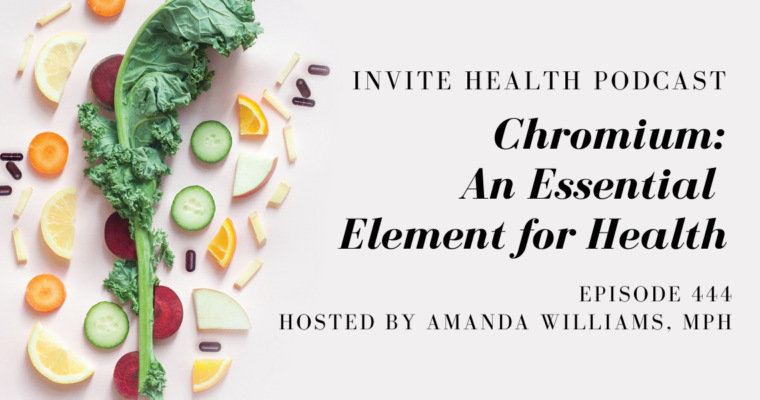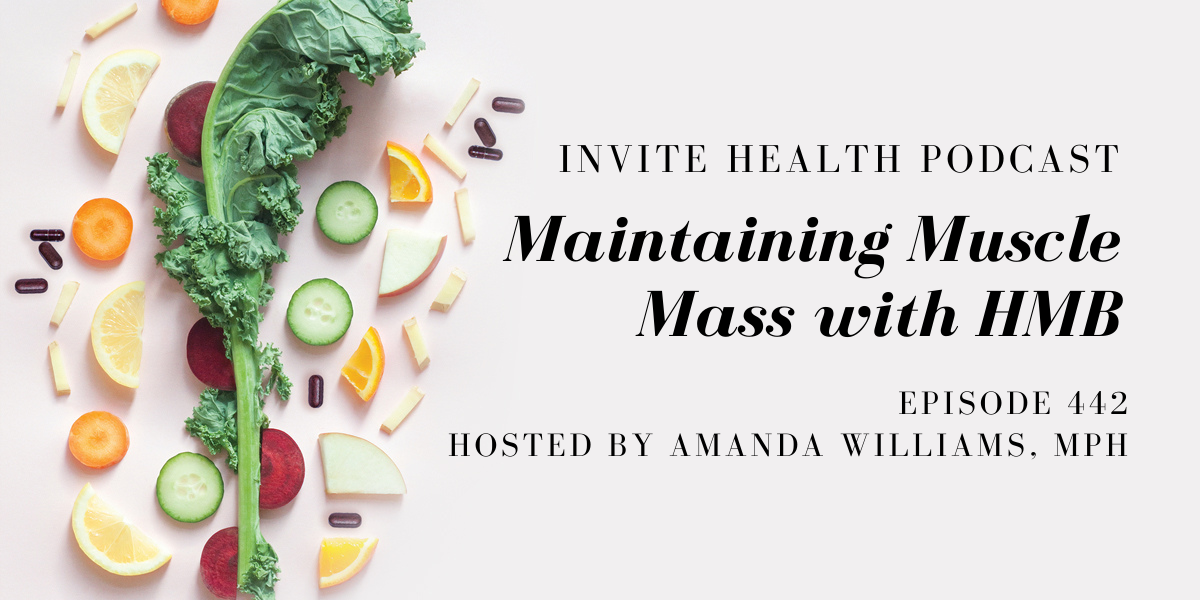PROTEIN (POWDER): THE IMPORTANT NUTRIENT WE ALL KNOW
By: Allie Might, FMC, INHC, ATT
Protein is that nutrient that everyone knows and everyone loves. But how well do we know all the proteins available? Let’s navigate through one of our favorite foods and discuss all the options we can try, as well as how it relates to weight loss.
What is protein? Simply put, it is a large molecule that is made up of amino acids. It is necessary for the structure, functions and regulating the different organs and tissues throughout the body. According to The Cleveland Clinic, protein is also essential for such things like muscle recovery, regulating hormones, oxygenating red blood cells and aiding in healthy heart function.
When we think of protein, we commonly think of carnivore sources like beef, poultry, pork and fish/seafood. However, there are so many more ways to incorporate protein into our diet. There’s also vegetarian sources like eggs (omelets, yum!) and dairy such as milk, yogurt and cheeses. I like to recommend plain Greek yogurt as it’s usually higher in protein as well as cuts the sugar, and good quality cheeses. Look for cheeses such as fresh Mozzarella, Brie, Gouda, Goat, Cheddar, Parmigiano-Reggiano and Manchego just to name a few (and my favorites that I recommend). These can go found at the cheese counter, and avoid the over processed cheeses in the deli section that are pre-sliced/pre-packaged or individually wrapped. Cottage cheese is also a nice sources of protein and is also a comfort food for many people.
POWDER PROTEIN LUNCH
1 can Albacore Tuna in water, drained
½ cup plain Cottage Cheese
3 kale leaves, destemmed
1 cup steamed broccoli
1 scoop Whey Protein Isolate Powder
Lemon to taste
Black pepper to taste
Mix cottage cheese and Whey Protein Isolate Powder together. Place destemmed kale leaves on a plate and top with drained Albacore Tuna and cottage cheese, side by side. Add fresh lemon to the tuna and fresh black pepper to cottage cheese, to taste. Add steamed broccoli as a side.
Next, there are many sources that are more vegan friendly that many people aren’t aware of but are easily incorporated. These include such things as tofu, tempeh, seitan, beans, nuts, seeds and nut butters. Vegetables such as cabbage, broccoli, cauliflower and asparagus add protein to the plate, along with oats and whole grains like brown rice and quinoa.
VEGAN PROTEIN POWER PLATE
2 cups shredded brussel sprouts
1 can low sodium beans (I like cannelloni or black-eyed peas), drained
2/3 cup uncooked quinoa, rinsed
1 1/3 cup water
2 scoops Plant Protein powder
1 clove garlic, minced
1 Tablespoon extra-virgin olive oil
Juice of half a lemon
Black pepper to taste
Sea Salt to taste
Combine water, Plant Protein powder and lemon juice in a pot and mix. Bring to a boil, then add quinoa and stir. Cover and educe to a simmer for 15 minutes. Remove from heat, fluff and let stand for 5 minutes. While quinoa is cooking, add olive oil to a pan and heat on medium-high. Add in shredded brussel sprouts, minced garlic, fresh cracked pepper and sea salt and sauté until slightly soft. Add drained beans and mix together, cooking until hot. Plate 1 cup cooked quinoa and top with half the cooked sprouts and beans. Eat and Enjoy! This makes enough for two meals.
Last but not least are protein powders, like Whey Protein Isolate or Plant Protein. These come in so many source varieties and flavors; personally I like unflavored or vanilla as they are the most versatile. They can be sourced from such things as whey (dairy), soy, hemp, rice, peas, chia and flaxseed. While these are all good sources, they choice is typically a personal preference. A protein powder can easily add protein to ones diet through creative recipes as seen above, or most commonly added to a shake or smoothie. Many people like to start their day with a healthy shake/smoothie that is packed with a protein powder, fruits/veggies and a healthy fat (i.e.: nut butter, avocado).
Now that you see all the different healthy protein sources to incorporate into a healthy diet, I challenge you to try new a new protein source each week. Also, try making delicious shakes/smoothies in the morning as a quick easy breakfast. I have always found that a healthy breakfast helps to start my day off on the right path, whether I’m looking to shed a few pounds or maintain my weight. But, no matter what, protein is essential to our health, body and weight management.
www.medlineplus.gov/genetics/understanding/howgeneswork/protein/
www.health.clevelandclinic.org/what-are-the-best-sources-of-protein
www.medicalnewstoday.com/articles/321522
www.health.harvard.edu/nutrition/high-protein-foods-the-best-protein-sources-to-include-in-a-healthy-diet
www.hsph.harvard.edu/nutritionsource/cheese/










